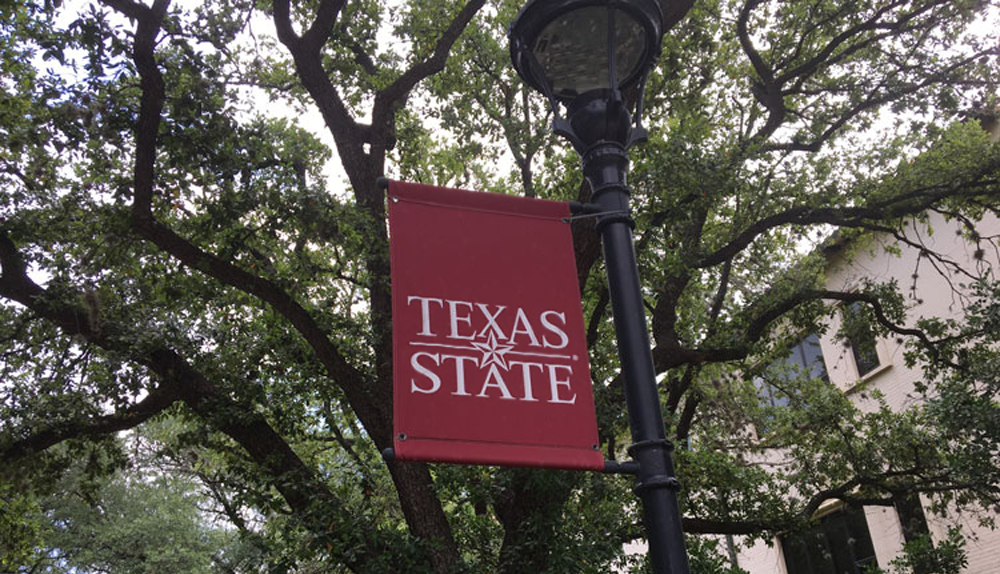
Texas State Researchers See Landowners As Key To Saving Houston Toad, Other Endangered Species
SAN MARCOS – Researchers in the Department of Biology at Texas State University have teamed with the Texas Parks and Wildlife Department (TPWD) to identify the most effective ways to recruit private landowners to save the critically endangered Houston toad, and by extension, the integrity of East Texas prairie ecosystems.
Led by Assistant Professor Chris Serenari, principal investigator of the Human Dimensions Lab, Texas State researchers are interviewing landowners and decision makers to understand under what conditions landowners would enroll in programmatic Safe Harbor agreements in Colorado and Austin Counties.
The research is funded through a 2018-2019 TPWD Wildlife Diversity Program Conservation License Plate Grant, a program that supports conservation of 1,300 species of greatest conservation need in Texas.
Approximately 98 percent of Texas is privately owned as working agricultural lands, therefore, voluntary private land conservation is critical to the protection of many of Texas’ rarest species.
The Safe Harbor Agreement is an opportunity for landowners to contribute to endangered species conservation, helping species listed as threatened or endangered recover and return to their historical habitats. These agreements outline conditions to be met by the landowner and provides regulatory assurances that allow landowners flexibility in future development of their land.
In exchange, TPWD helps property owners achieve their wildlife conservation goals. Similar programs have been successful in protecting species such as the red-cockaded woodpecker and are potentially powerful conservation tools that protect both wildlife and private property rights.
“Safe Harbor Agreements encourage landowners to take conservation measures to protect species of special concern, but are effective only to the extent that landowners participate in them,” said Jared Messick, a Master’s student in the Human Dimensions Lab. “TPWD has seized a rare opportunity to collect baseline data on a new program designed to protect endangered species, which they can later use to evaluate enrollment success.”
Approximately 2,000 Houston toads remain, found only in 11 Texas counties. The biggest threat the native Texas species faces is habitat destruction. Because enrollment in the program has remained low, this research seeks to explore incentives and disincentives of private land conservation among local landowners in Austin and Colorado counties.
“Some might think that landownership in Texas and endangered species cannot coexist, but our research is revealing it can,” said Serenari. “Texas landowners are individually unique, but they have strong ties to wildlife in common. Emphasizing the drivers of wildlife conservation that landowners share, such as a desire to create habitat to impede urban sprawl, may help maximize TPWD’s limited resources and effectively communicate with more landowners at once.”
The Houston Toad Protection Policy Study (HoPPS) team will conduct interviews, focus groups, literature review and post-research outreach.
“Our research is critical to understanding the motivations for conservation of endangered species on private lands,” said Michelle Lute, postdoctoral researcher in the Human Dimensions Lab. “With the vast majority of Texas landscapes held in private hands, our work will help promote wildlife conservation in a state rich with biodiversity.”
For more information, contact Chris Serenari at (210) 816-3709 or c_s754@txstate.edu, or Michelle Lute at (219) 628-4910 or mllute@txstate.edu.






